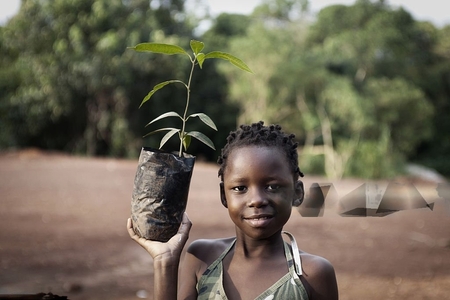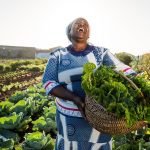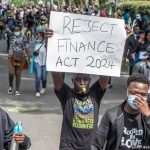
By JudyAnn Wanjiku
As Kenya takes bold strides towards enhancing its tree cover, the nation finds itself at a crucial juncture, grappling with challenges while unlocking exciting opportunities. The importance of robust tree cover in mitigating climate change, sustaining biodiversity, and regulating ecosystems cannot be overstated. In this pursuit, Kenya is not only addressing environmental concerns but also delving into opportunities, with carbon trading emerging as a key player in the global marketplace.
Challenges in Enhancing Tree Cover:
Kenya faces multifaceted challenges in its mission to enhance tree cover. Deforestation, driven by agricultural expansion, logging, and urbanization, poses a significant threat to the country’s rich biodiversity. Climate change-induced events, such as prolonged droughts, further exacerbate the stress on existing forest ecosystems.
Opportunities on the Horizon:
Despite challenges, Kenya is strategically positioning itself to leverage opportunities in enhancing tree cover. Government-led initiatives, community-driven reforestation projects, and private sector engagement are crucial components of the national strategy. Moreover, the potential for carbon trading opens up new avenues for sustainable development.
Carbon Trading: A Global Opportunity:
International markets for carbon trading offer a unique opportunity for Kenya to turn its commitment to enhancing tree cover into economic gains. Through initiatives like REDD+ (Reducing Emissions from Deforestation and Forest Degradation), Kenya can earn carbon credits by conserving and restoring forests.
Carbon trading operates on the principle that forests act as carbon sinks, absorbing carbon dioxide and mitigating climate change. Countries with expansive forest cover can sell carbon credits to those seeking to offset their emissions. For Kenya, this not only presents an opportunity to generate revenue but also positions the nation as a global leader in sustainable practices.
The Role of EFKen Leasing in Carbon Trading:
Companies like EFKen Leasing, specializing in equipment financing for SMEs in the agricultural value chain, play a crucial role in this paradigm. By supporting agricultural businesses that contribute to reforestation efforts, EFKen Leasing becomes an integral part of the sustainable ecosystem. SMEs engaged in agroforestry, sustainable farming, and afforestation projects not only contribute to environmental conservation but also position themselves to benefit from potential carbon trading initiatives.
In conclusion, as Kenya commemorates its commitment to enhancing tree cover on National Tree Planting Day, the challenges are met with determination, and opportunities are seized with enthusiasm. The integration of carbon trading into the national strategy not only aligns with global sustainability goals but also positions Kenya at the forefront of environmentally conscious economic development. Through collaborative efforts, both within the nation and on the international stage, Kenya can nurture its green legacy and contribute significantly to a healthier, more sustainable planet.
JudyAnne Wanjiku is the MD, EFKen Kenya.




